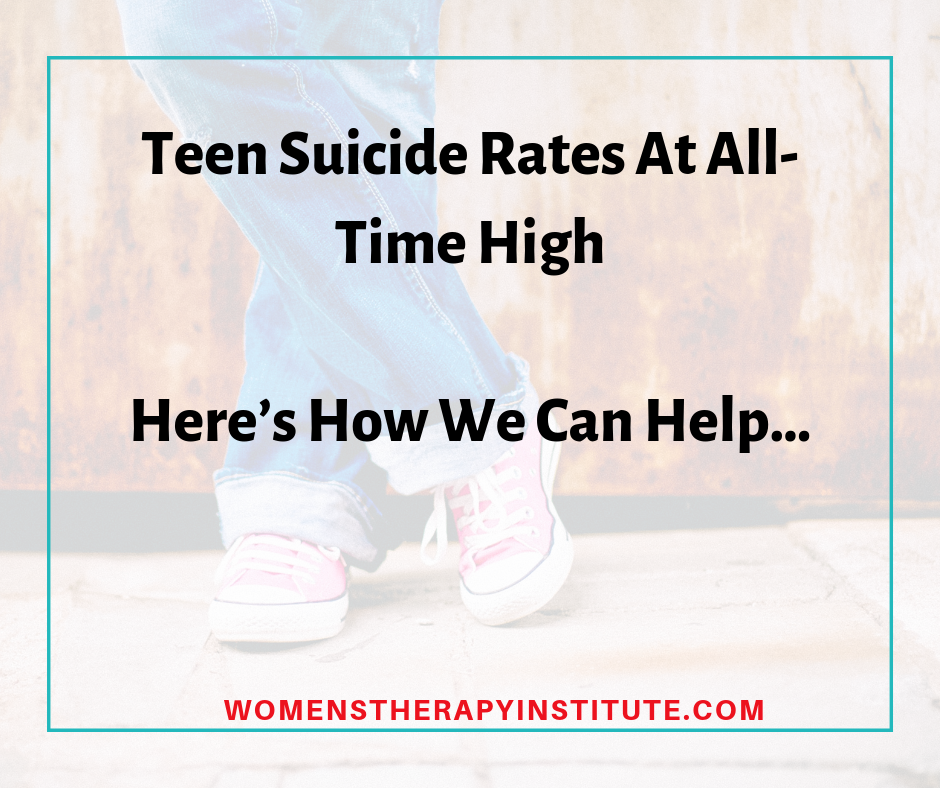
Teen Suicide Rates At All-Time High, Here’s How We Can Help…
Suicide rates among teens and young adults are at an all-time high, according to the Centers for Disease Control and Prevention. Experts can’t pinpoint exactly why the number of teens and young adults taking their own lives is continuing to increase. But, many blame things such as the use of digital platforms, economic distress, and social isolation.
There is no question this problem is one that needs our attention and care. There are steps we can take as parents, community members, and school administrators to help those who are struggling, to make suicide a more difficult option, and to show this population that suicide is not the answer.
Where do we start?
1.) Restrict Access — Having a gun in the home to protect against an intruder may seem like a good idea but it is also giving your child access to a deadly tool. My advice is to keep guns locked up and in places where even your teen doesn’t know they exist. Same with drugs, keep them out of sight. Lock them up. Reduce access. It is a lot harder to commit the act of suicide if you don’t have the tools readily available.
2.) Talk to Your Teen — If you are worried about your teen or your teen’s friends potentially struggling with emotions, then talk to them. In fact, talk to them regardless. Let them know they have a place to turn. Ask your teen if they are suicidal. Open up the communication gates. Let them know that is not the answer and get them help from a licensed mental health professional. This subject feels taboo to many but it is clear we need to talk about it. Let your child know it is ok to not be ok.
3.) Implement Suicide Prevention Programs in Schools — Training teachers and school administrators to recognize the signs of depression, suicide precursors, and other mental health issues in teens and young adults can have a lasting impact. Teens spend much of their days in an educational environment, our school professionals can play a part in watching for the signs and getting help.
4.) Training for Parents and Other Adults in the Community — Our teens need to feel like they have a safe place to turn, even if it is not a parent, to talk about their mental health. They need a caring adult who is willing to talk about suicide and can act as a support network.
Conclusion
The bottom line is our teens and young adults need to know they are cared for, they matter, and they have places they can go and people they can talk to whenever they need.
For additional information on these tips, visit https://www.vox.com/science-and-health/2019/7/11/18759712/teen-suicide-depression-anxiety-how-to-help-resources .
